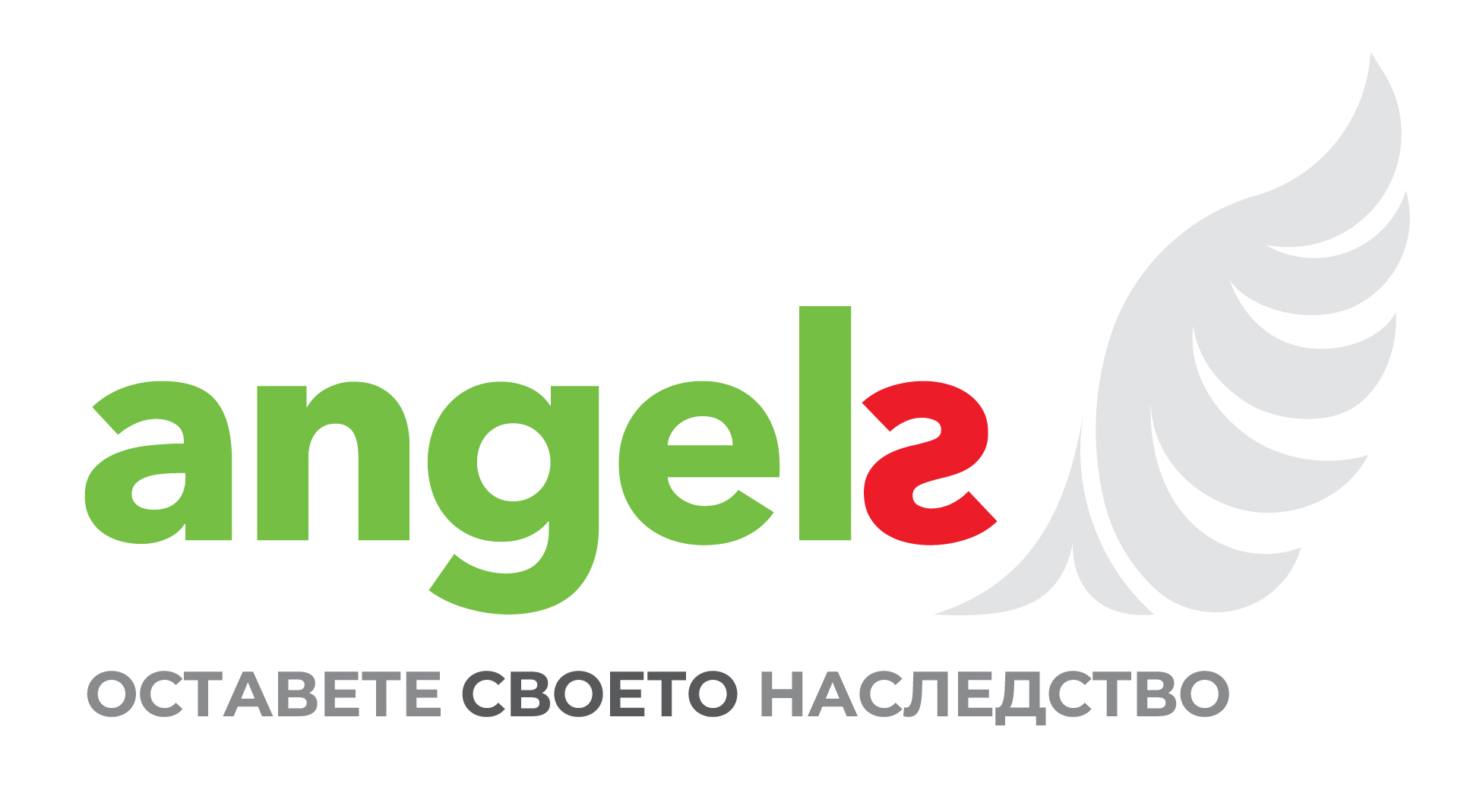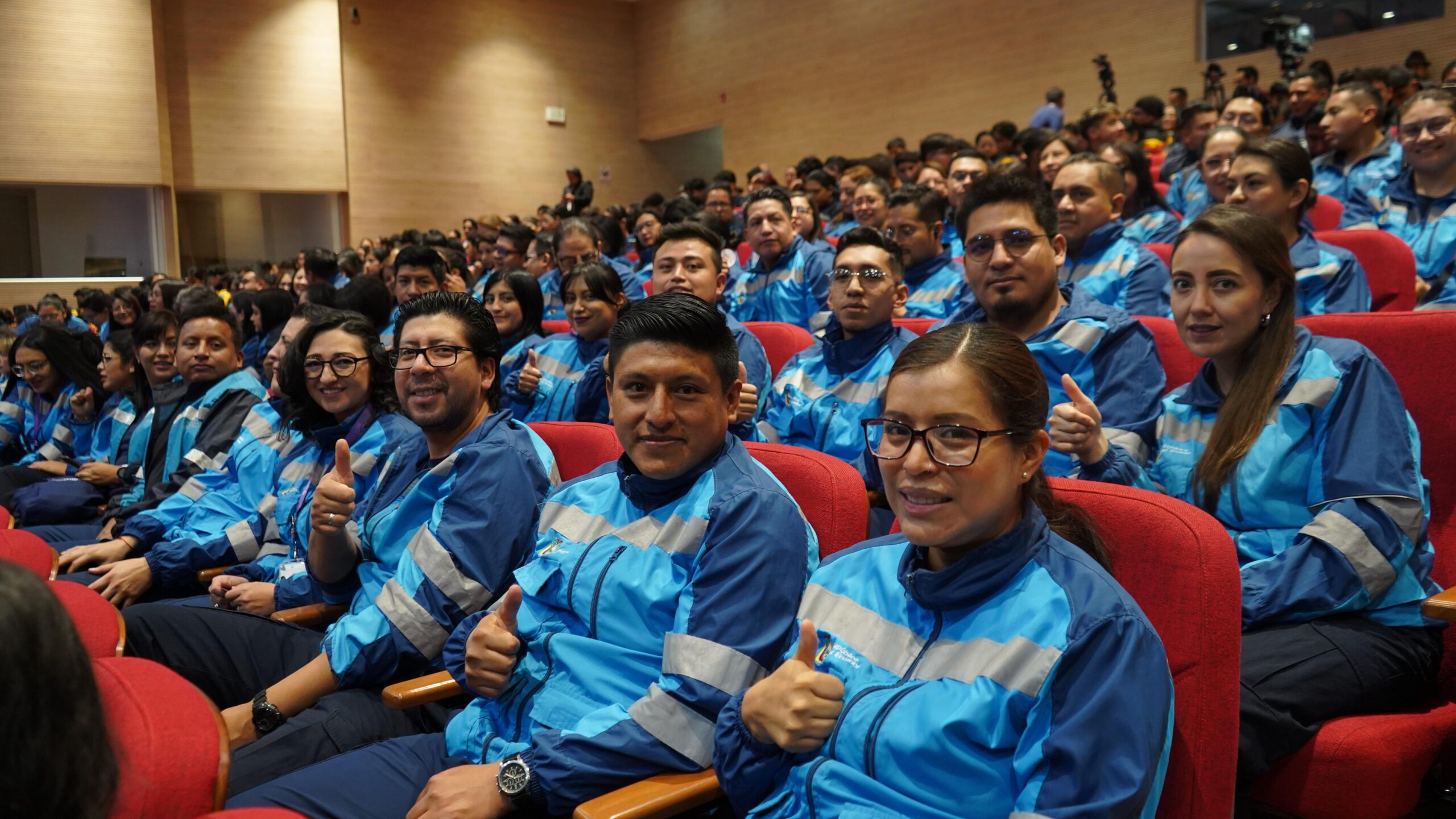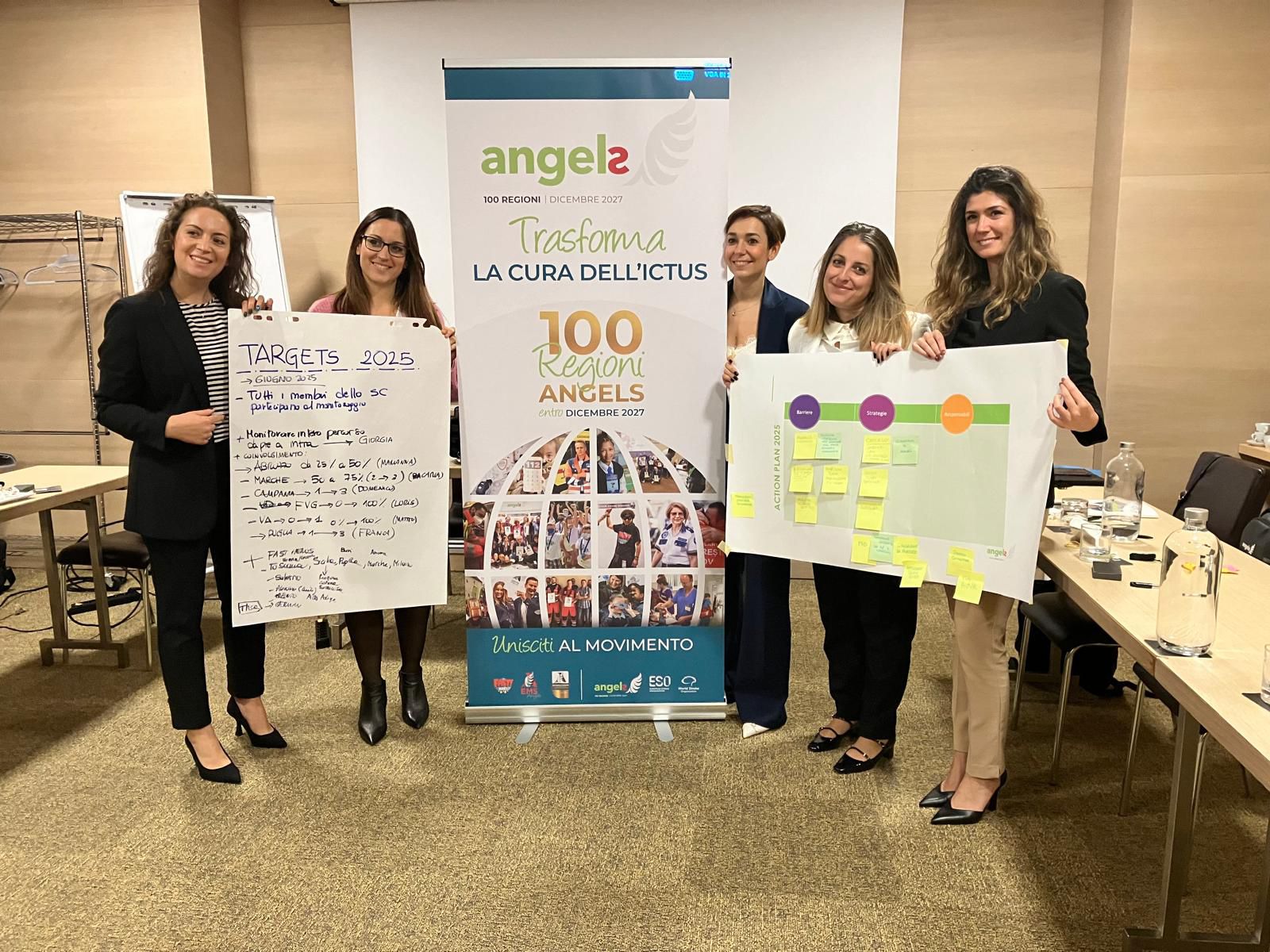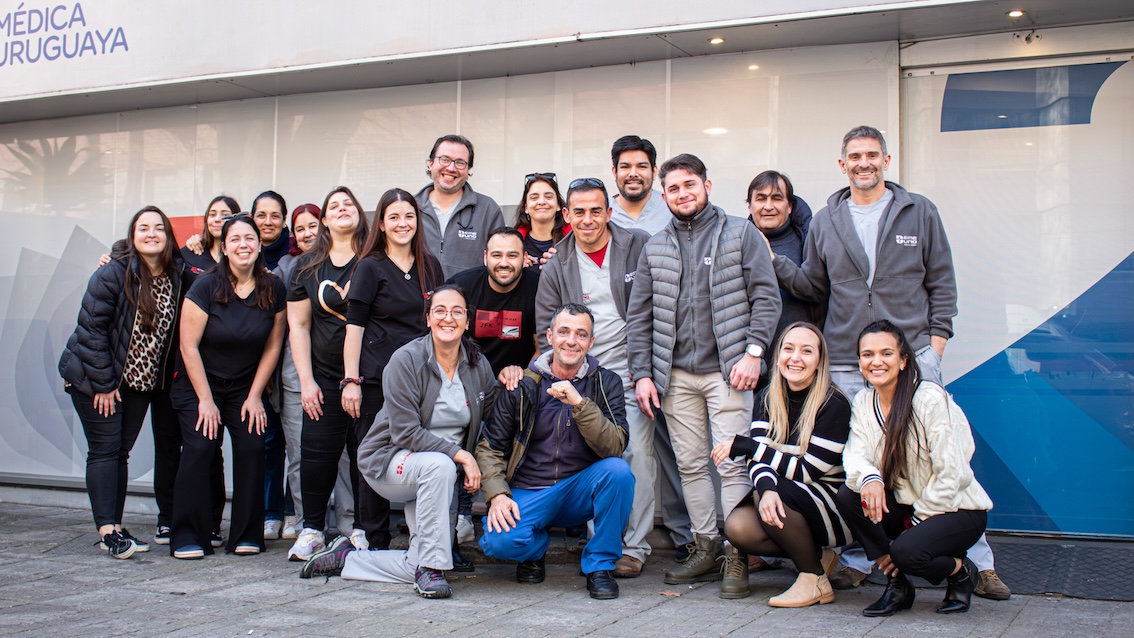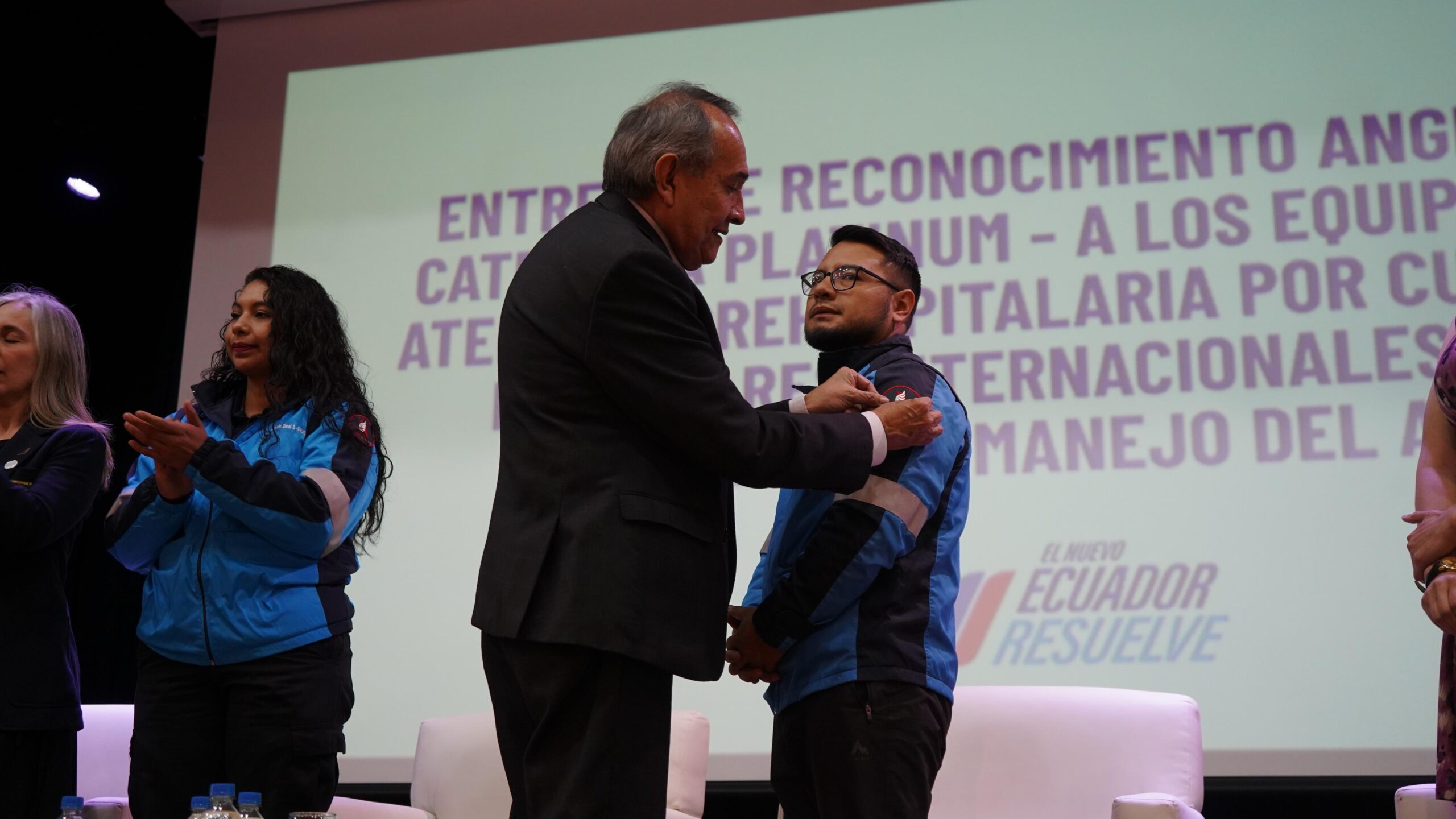
Може да забележите нещо различно в парамедиците, работещи в доболнични координационни зони 2 и 9 в провинция Пинчча. Едното е, че те носят безпогрешна гордост. Втората е причината, поради която те държат главите си толкова високо – значките на „Ангели“ на левия ръкав ги маркират като победители в първата награда на „Ангели“ за СМП медицински услуги в Еквадор за отлични постижения в доболничните грижи при инсулт.
Представянето на тези значки пред оперативния персонал беше акцент на церемонията по награждаването в Кито, казва д-р Вероника Пачеко, лекар по спешност и специалист в Националната дирекция за мобилни здравни услуги на Министерството на общественото здраве на Еквадор.
„Това признание е от голямо значение, тъй като работата, извършена от доболничните грижи, обикновено не се признава.Притежаването на тези значки, присъдени от министъра на общественото здраве, д-р Антонио Наранхо Пас и Миньо, засили положителното въздействие. Това беше значим и емоционален момент, който ще мотивира други екипи в страната да се стремят към тази награда.“
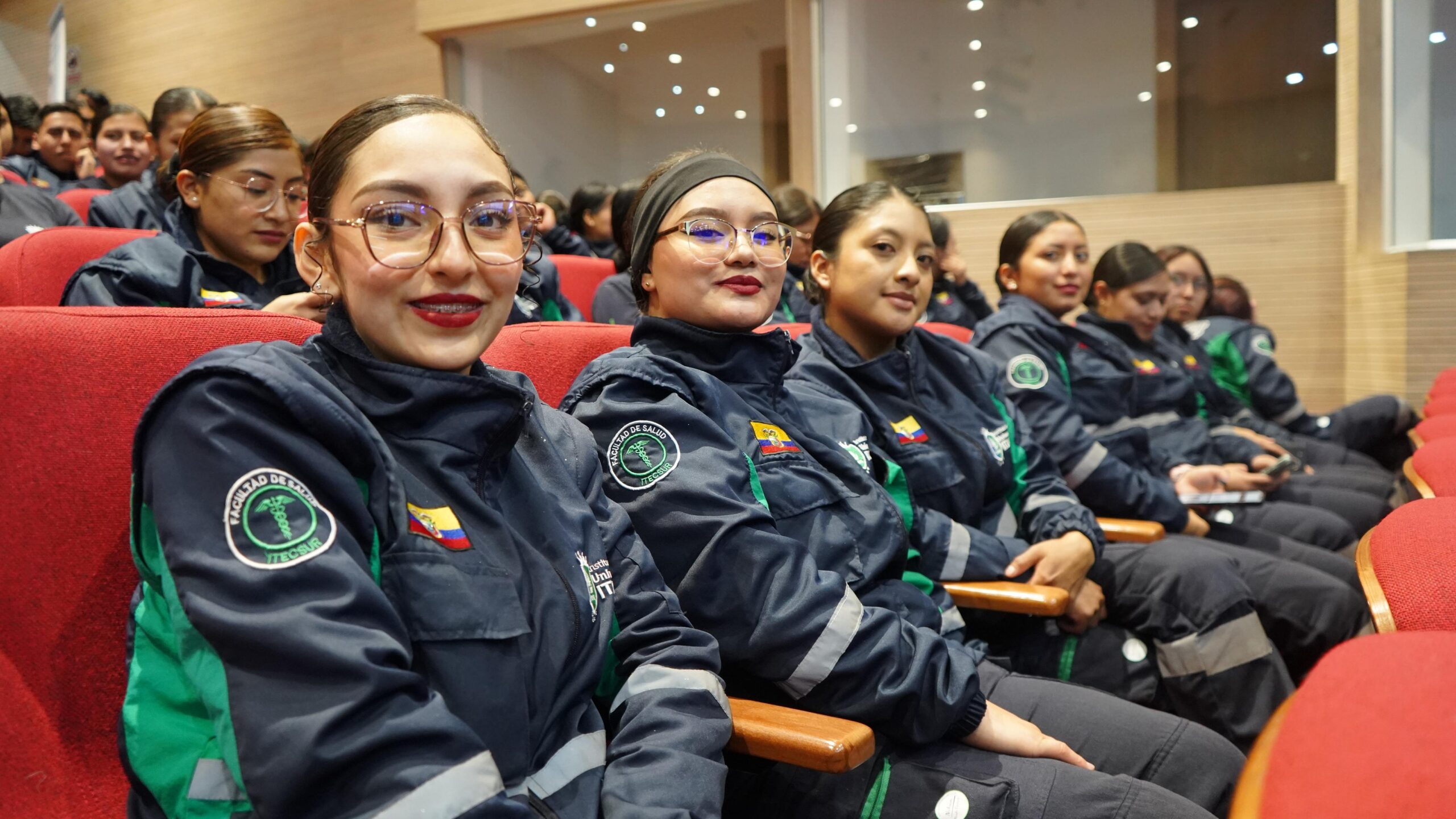
Д-р Пачеко не е имал малка роля в това постижение. Тя ръководи разработването на първия национален протокол за доболнични грижи при инсулт в Латинска Америка, формулирайки насоки, които сега се прилагат в цялата страна.
Като пазител на споразумение между Инициатива Angels“ и Министерството на общественото здраве, д-р Пачеко играе ключова роля, улесняваща обучението на медицински специалисти за правилното управление на инсулта, включително симулации, провеждани в обществени болници. Резултатът от тези усилия е разширяването както на доболничното покритие за лечение на инсулт, така и на мрежата от акредитирани центрове за инсулт, като болниците в Тена, Мака и Латакунга скоро ще бъдат сертифицирани заедно с General Hospital Enrique Garcés в Кито.
Дългите разстояния, които разделят градовете и малките градове от болниците, готови за лечение на инсулт, поставят тежки изисквания за спешни медицински транспортни услуги, което прави смяната на линейките приоритет, казва д-р Пачеко. В момента 158 линейки за спешна помощ за напреднали в живота се доставят на стратегически места, за да осигурят адекватно покритие за пациенти, нуждаещи се от спешна помощ, включително за инсулт.
Създаването на протокол за доболнични грижи при инсулт и неговото прилагане както в публичния, така и в частния сектор беше жизненоважна първа стъпка. Протоколът е формиран от процес на срещи с оперативния персонал и консултации с лекари по спешност, казва д-р Пачеко. Една от целите им беше стандартизиране на използването на скали в доболничната оценка; в крайна сметка те избраха три скали, които са адаптивни към настоящата реалност на здравната система.
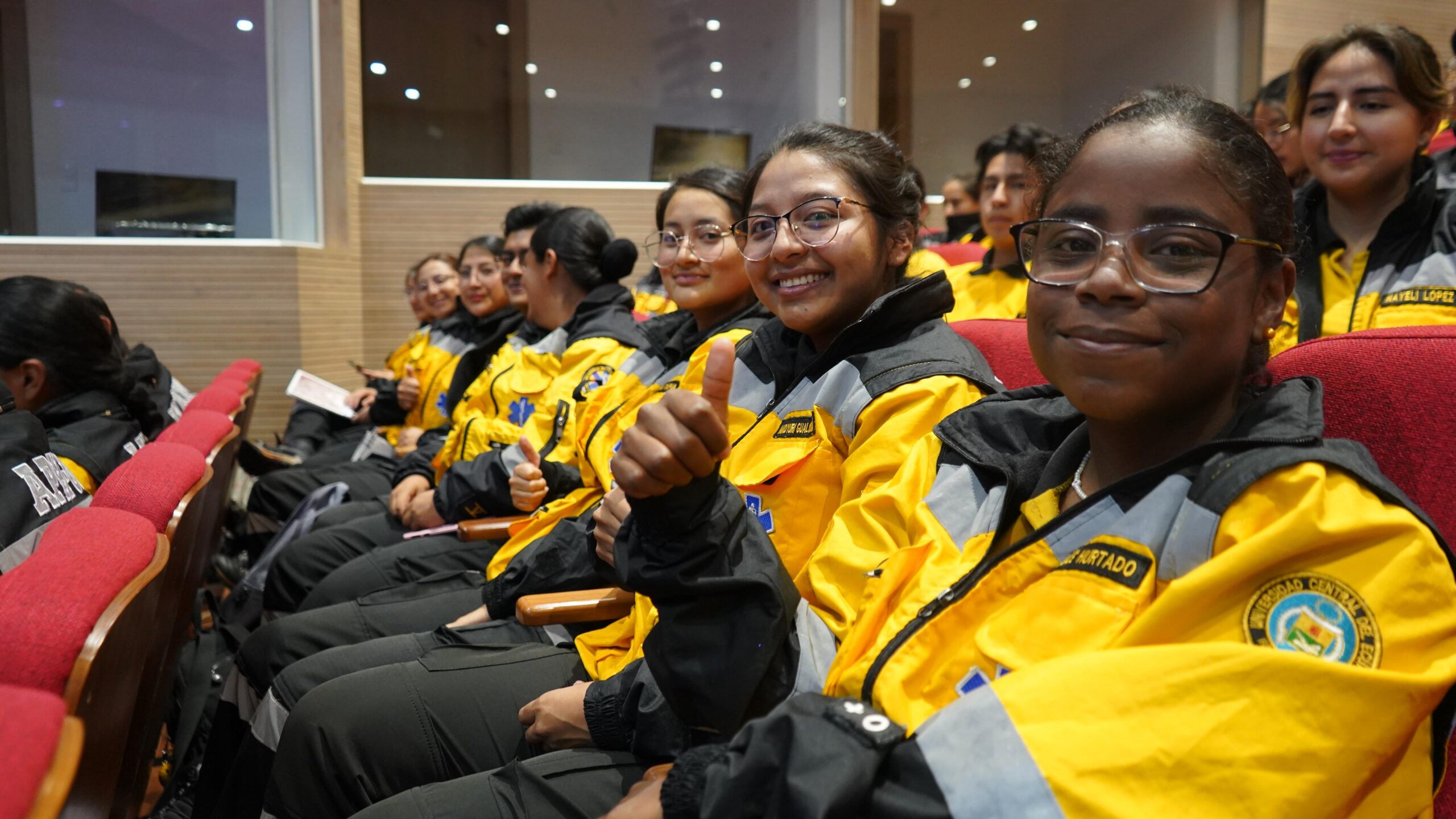
Друг приоритет е предоставянето на лично обучение, често от лекари, които са участвали в написването на насоките. Въздействието на този личен подход към обучението е подобно на това при спечелването на награди, предлага д-р Пачеко. И в двата случая то насърчава персонала на линейката, като внушава чувство за принадлежност и осъзнаването, че те са много важна част от всеки екип за лечение на инсулт.
Екипите за доболнична помощ в Зона 2 и Зона 9 започнаха своето пътуване с награди през май 2024 г. През юни преглед на техните данни показа, че те не са достигнали маркировката в две от областите, обхванати от критериите за награди. Д-р Пачеко обяснява: „Тъй като в Еквадор се нуждаем от приемане в болница, преди пациент да може да бъде транспортиран до болница, нашите времена на място надвишават тези, посочени в параметрите за качество. Нашият доболничен персонал също не записваше лекарства за пациент, информация, която е от решаващо значение за решението за лечение на инсулт.“
Сред мерките за справяне с тези недостатъци беше прилагането на Código Rojo (код червено), което елиминира необходимостта от предварително приемане от болниците за пациенти с инсулт. Вместо това болниците са предварително уведомени, че пациент с инсулт е на път.
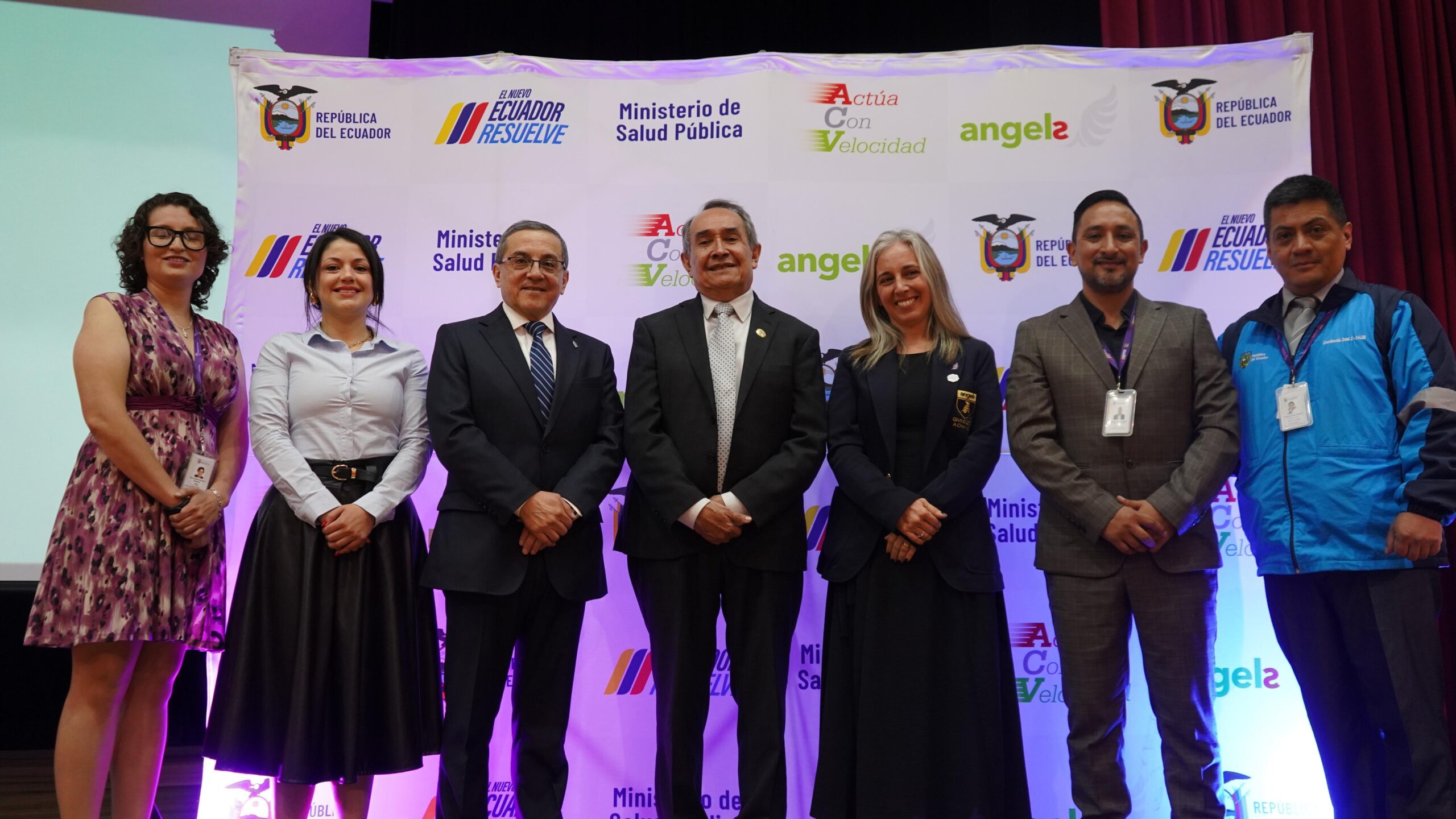
Подобряването на стандарта на доболничната грижа завършва кръга на качествените грижи за пациенти с инсулт, казва д-р Пачеко. „Важно е екипите на болниците и линейките да имат добри взаимоотношения, да говорят един и същ език и да работят заедно, за да оптимизират времето и да спасят колкото се може повече животи в нашата страна.“
Медицината е в семейството й. Баща й и двама братя също са лекари, а майка им е медицинска сестра, така че импулсът да помогне на хората е част от нейната ДНК. Но спасяването на животи привлече д-р Пачеко към спешната медицина, казва тя.
„Наистина е моя страст да бъда там в момента, в който хората се нуждаят от мен, в момента, в който някой пристигне, нуждаещ се от спешна помощ, и да имам възможността да предоставя помощ и да спасявам живот. Преди всичко да бъдеш там в този момент, който е толкова труден за всички хора, и да осигуряваш грижи спокойно.“
Тя обича спешната медицина, казва д-р Пачеко. „Не бих променил специалността си за нищо. Това беше много важен фактор в живота ми. Това ми позволи да бъда там в много трудни моменти за определени хора, да спася животи и да върна на някого семейството или качество на живот. Това беше от решаващо значение в живота ми.“
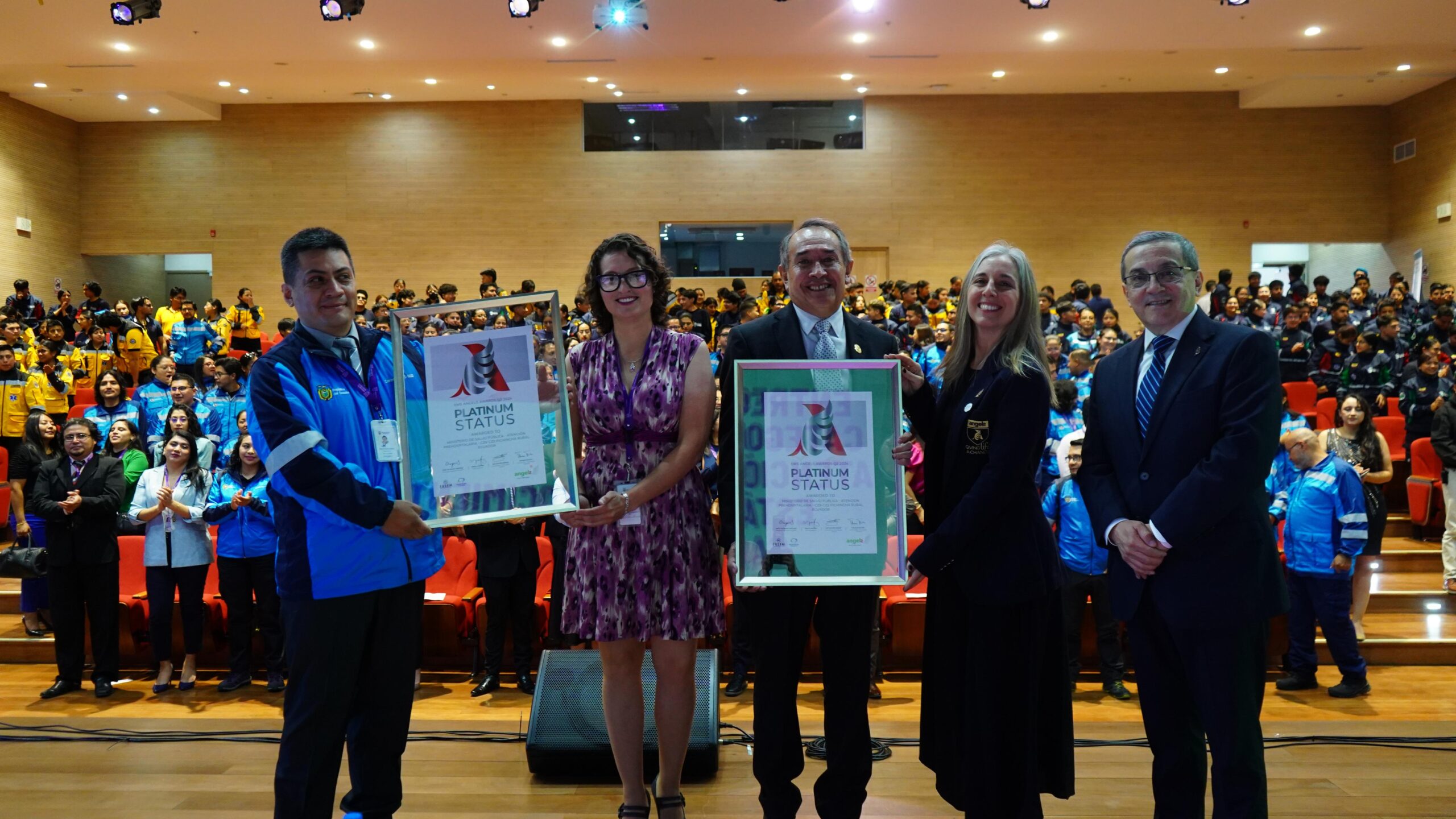
Качествените грижи при инсулт също спасяват животи, а въвеждането на протокол за лечение на инсулт в доболничния сектор дава на д-р Пачеко и нейния екип огромна платформа за правене на това, което обича. Пинча е само отправната точка, казва тя. „Започнахме работа в тази област, защото там се намира столицата и най-голямата концентрация на хора, нуждаещи се от грижи. Знаехме, че ако спечелим тази награда, бихме могли да използваме това, което научихме, за да разработим стратегии за по-малки доболнични екипи или тези, които работят в по-малко гъсто населени райони. Знаем, че трябва да адаптираме и модифицираме подхода си, за да успеем във всички региони или провинции в Еквадор, и постигаме това.
„Мисля, че само след няколко месеца ще има друг доболничен екип, който ще застане на сцената, за да бъде признат за качеството на грижите при инсулт.“
Ще можете да ги различите от бялото крило на левия им ръкав.
